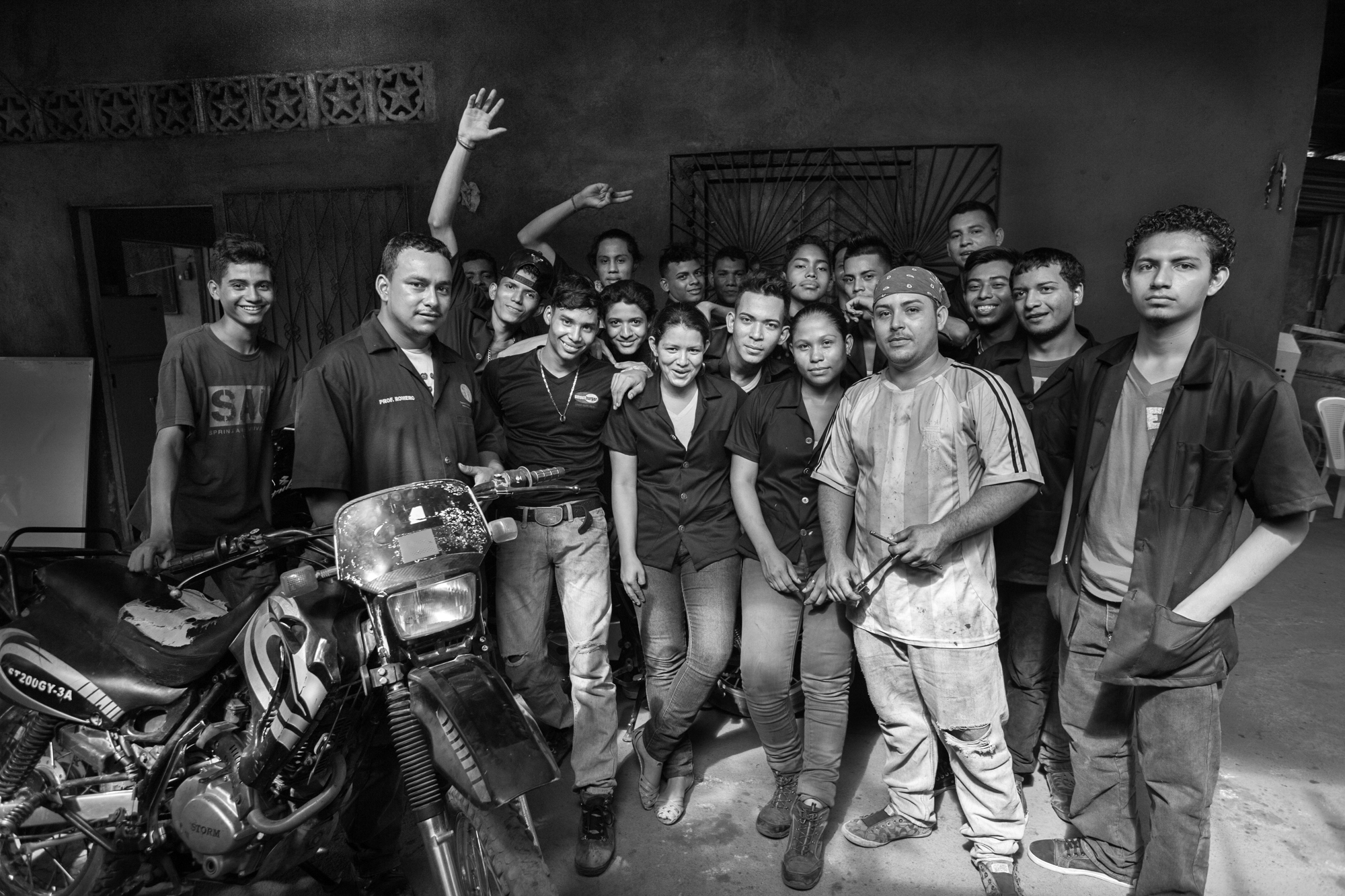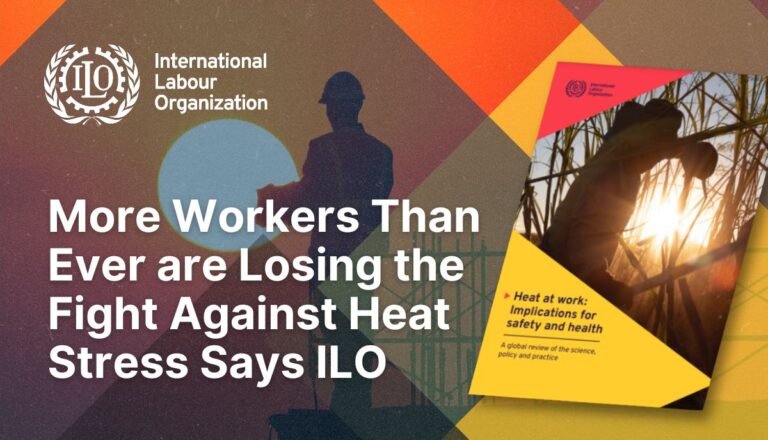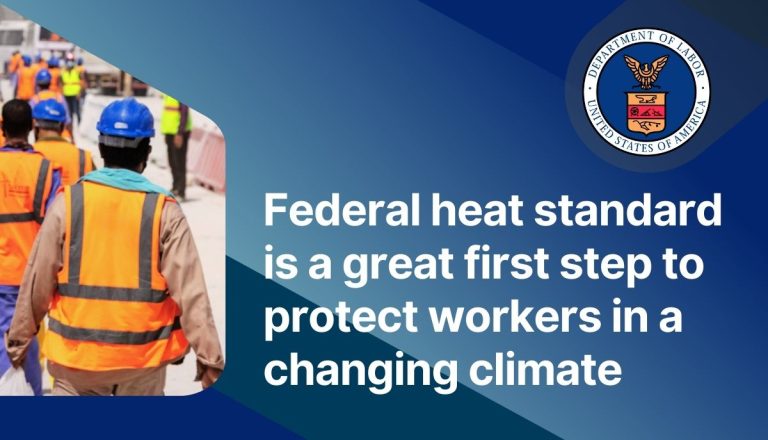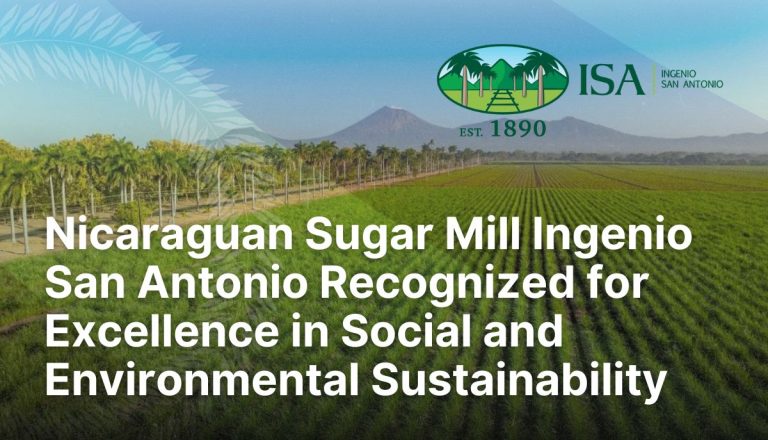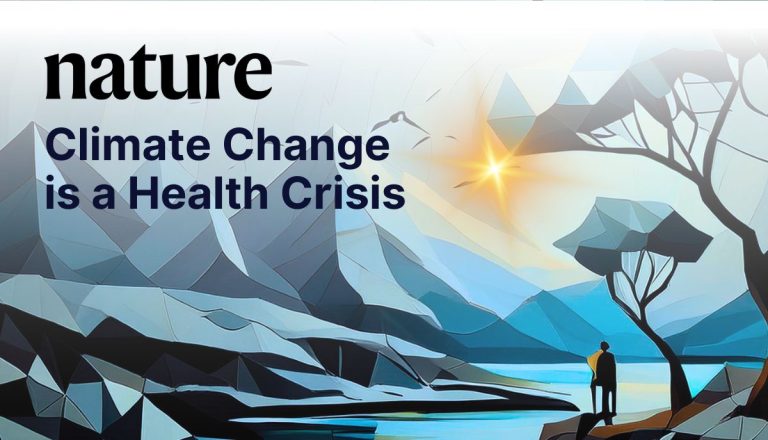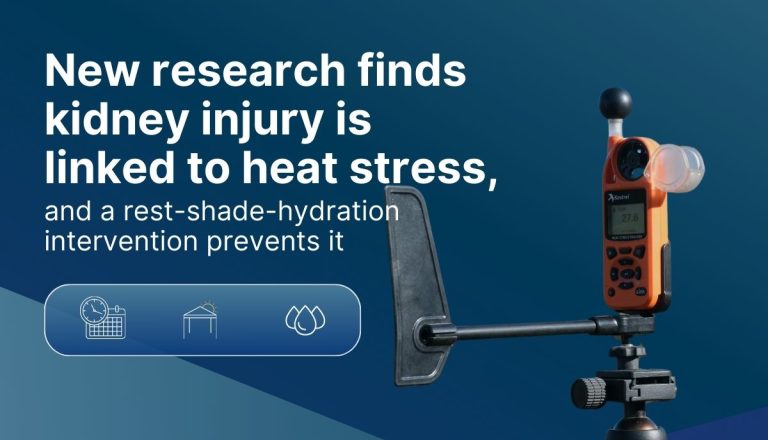Options for employment in the sugarcane producing communities of Western Nicaragua are few. Much in the same way there are coal towns and oil towns in the United States, there are sugar towns in Nicaragua. In these places, poverty is the norm, and resources are lacking, especially in education.
Western Nicaragua currently faces the highest prevalence and mortality rates of Chronic Kidney Disease (CKDnT) in the world. The disease is linked to extreme working conditions, such as those faced in sugarcane cultivation.
Young people growing up in sugar towns are deprived of educational opportunities, and without alternative technical skills, they begin working in the sugarcane fields. As they become sick, others are forced to work, trapped in a cycle of poverty and death.
La Isla Foundation is now implementing initiatives aimed at disrupting the cycle. This month we began working with Nicaraguan technical training institute INATEC to certify students from sugarcane communities in the mechanical trade.
Reina Lira, 27, participates in the first group of a 6-week INATEC mechanics program. Upon completion of the course, students will receive a certification which they can use to apply for a entry level position as a mechanic. Reina is from Paises Bajos a small community outside of the city of Chichigalpa, Nicaragua, where the largest sugar mill and processing facility in the country is located.
Out of 15 students in this first group, Reina is one of two young women. The rest are young men between 14 and 25 years old, many of whom have worked different jobs in the sugarcane industry. All students said they have family members or neighbors who are affected by CKDnT. While grouping together for the photograph, Reina shouted “Let’s see where all the ladies are at! They can do this too.”
Reina previously worked for two years as a nurse in the sugarcane fields, tending to workers who would fall ill or suffer injury. “I’ve had uncles who died of CKDnT and two brothers who have worked in the fields. This is an opportunity to rise above in life.” Her shop partner, Luis Rocha, is pictured working on the motorcycle. At 20 years old, he has already been cutting cane for three years. “That work is hard,” he said, “you leave burnt up, and you get sick, and in two or three days without know it you die.”
Reina drives home from Chichigalpa with her husband after class. Between the garage where her classes are held and her home in Paises Bajos are acres of sugarcane fields.

A proud mother, Reina works to maintain her home for her family by cooking, washing clothes, and planting and harvesting corn. She has two children: Claudia, 9 and Randy, 5. When asked what she wants to be when she grows up, Claudia said, “I want to be a mechanic like my mom!”

Reina and her aunt Brenda Lira take a walk down the road near their homes, surrounded by sugarcane fields. Brenda had just returned from the cane fields, where she plants cane and cuts it for seed. She was widowed by CKDnT and has worked in sugar cultivation for six harvests. “I like working in the fields better than working in the home,” Brenda said. “It’s what I’ve always done and what I’ll always do.”
Reina is optimistic about her future and the independence her education grants her. “One should be able to pass through life and begin one’s own business,” she said. “When I graduate from my program, I’m going to put a small shop here to repair motorcycles in my community.”

